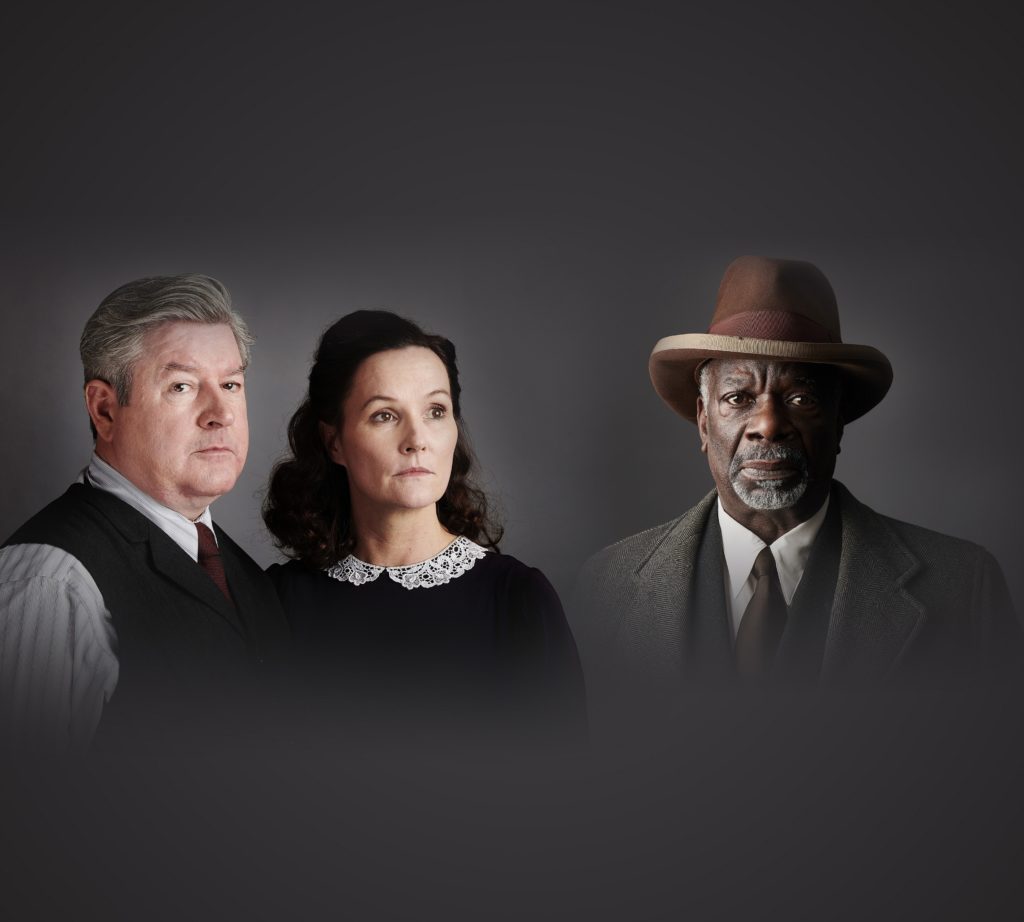
JOSEPH Marcell will be in York from March 3, appearing as a Gestapo inspector in the British premiere stage adaptation of Alone In Berlin at the Theatre Royal.
“As a non-white actor, I don’t get to play Nazis, so it’s a terrific boon to be playing Inspector Escherich,” he says, now settled into the second week of performances at the Royal & Derngate, Northampton, York Theatre Royal’s co-producers of Alistair Beaton’s adaptation, directed by James Dacre.
Best known for his six seasons as the dry, sardonic butler in the NBC sitcom The Fresh Prince Of Bel-Air from 1990 to 1996, the St Lucia-born, Peckham-raised Marcell has played Othello in 1984 and King Lear in 2014 in a career that has taken him to the Royal Shakespeare Company, National Theatre, Shakespeare’s Globe, the West End and Broadway.
Now, as Inspector Escherich, he must track his quarry through ever-narrowing circles of totalitarian hell in Fallada’s story set in Nazi-era Berlin in 1940, where factory foreman Otto Quangel (played by Denis Conway) and his wife Anna (Charlotte Emmerson) join the German Resistance after their son’s death.
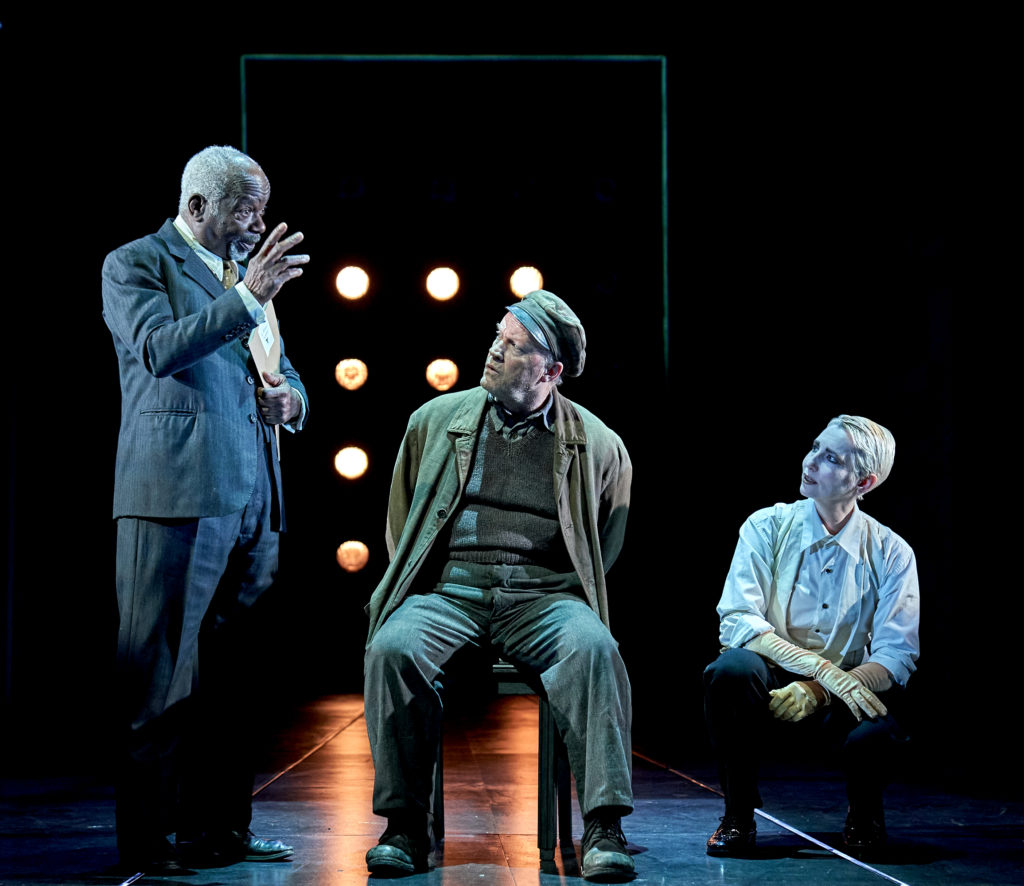
Based on true events, Alone In Berlin becomes a vividly theatrical study of how paranoia can warp a society gripped by the fear of the night-time knock on the door, as the quietly courageous dissident couple stand up to the brutal reality of the Nazi regime, defying Hitler’s rule with the smallest of acts. Such actions prompt Marcell’s meticulous, methodical Escherich to seek to catch them.
“I hadn’t been aware of the novel beforehand, though I’ve since read it after I landed the role,” says Joseph, 71. “It’s really difficult to get a German perspective on wartime life in a German city in the Second World War, but Fallada presents the story of the working ‘stiff’ who has to survive in Berlin.
“This is a story that’s not told: the story of an ordinary German in the war, when we usually hear of heroes and villains.”
Joseph continues: “People seeing the play so far have been a little surprised that it’s full of domestic drama rather than jackboot marching, but it’s the story of an ordinary man [Otto Quangel] who gets to breaking point, and regardless of what might happen, he has to take a stand.”
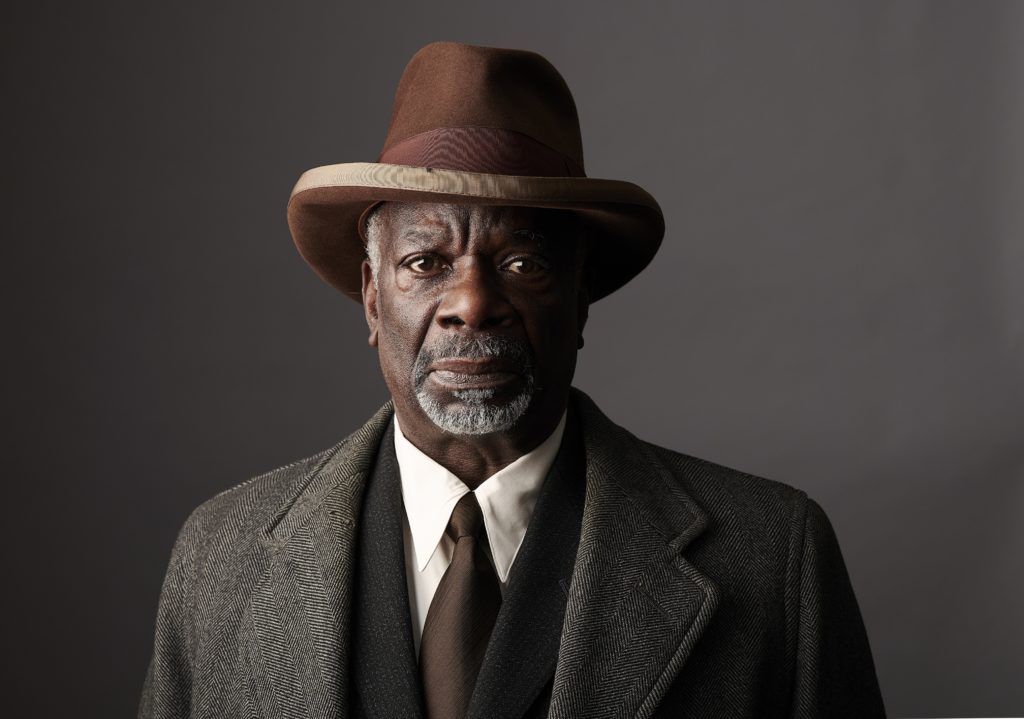
Escherich is fighting for his own survival as a policeman who has been made a member of the Gestapo. “Now he’s no longer a policeman, but paramilitary, and you find him almost succumbing to the violence of the Gestapo,” says Joseph of his flawed character.
“He’s the opposite of Otto, who has to stand up for what he believes in, whereas for Escherich it’s not just about survival but the quality of survival.”
Analysing Escherich’s character further, and in particular once he has to work for the Gestapo, Joseph says: “He’s in it, but he’s not of it,” he says. “He’s a survivor, who has integrity, and though he works for the Nazis, he doesn’t realise he’s a Nazi.”
As part of his research for the role of Escherich, Joseph met up with a friend who was a “bigwig” at the Imperial War Museum in London. “He explained to me that detectives who worked for the Gestapo were seen as [the equivalent of] rock stars,” he says.
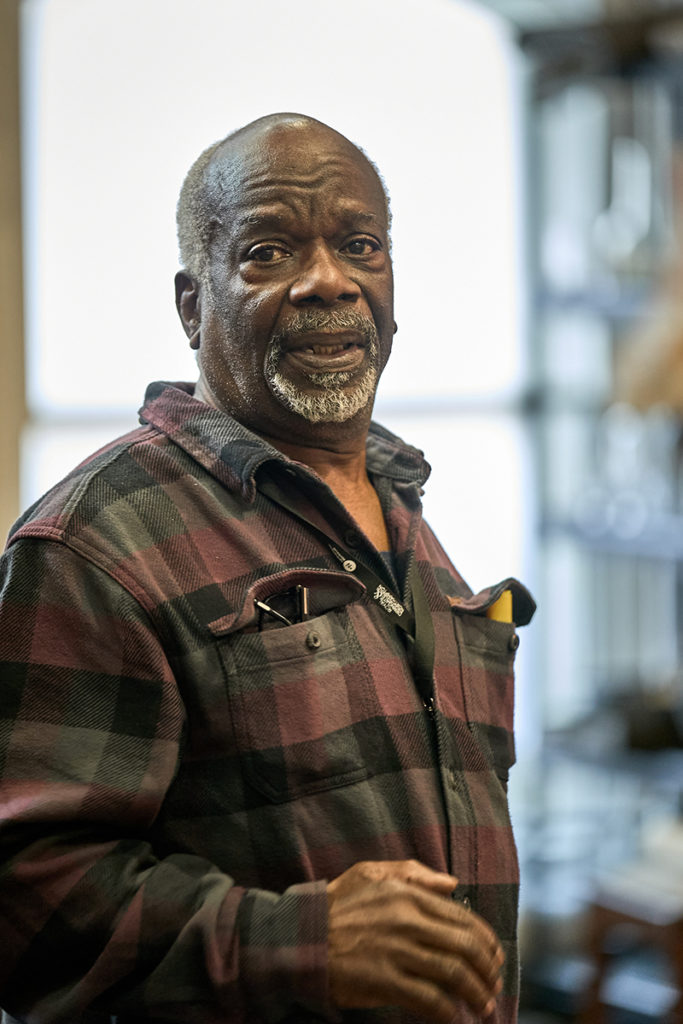
“But they saw themselves as detectives first, who dealt with facts, and handling facts was something they had been trained to use all their lives, rather than rounding up six chaps and beating them up for information.”
While a sense of impending doom hangs over Alone In Berlin from the first beat, says Joseph, “what makes the story special is that it’s not about kings and queens and admirals, but an ordinary man struggling for survival.
“It makes you ask yourself, ‘would I resist or simply survive?’. ‘What would I have done in that situation?’.”
Who is “alone in Berlin”, Joseph? “They are all alone. In the end, it’s Otto and Anna who are alone, but the inspector is alone too. He has no interaction with ordinary people, except in trying to solve a ‘crime’. They must each take their individual journey,” he says.
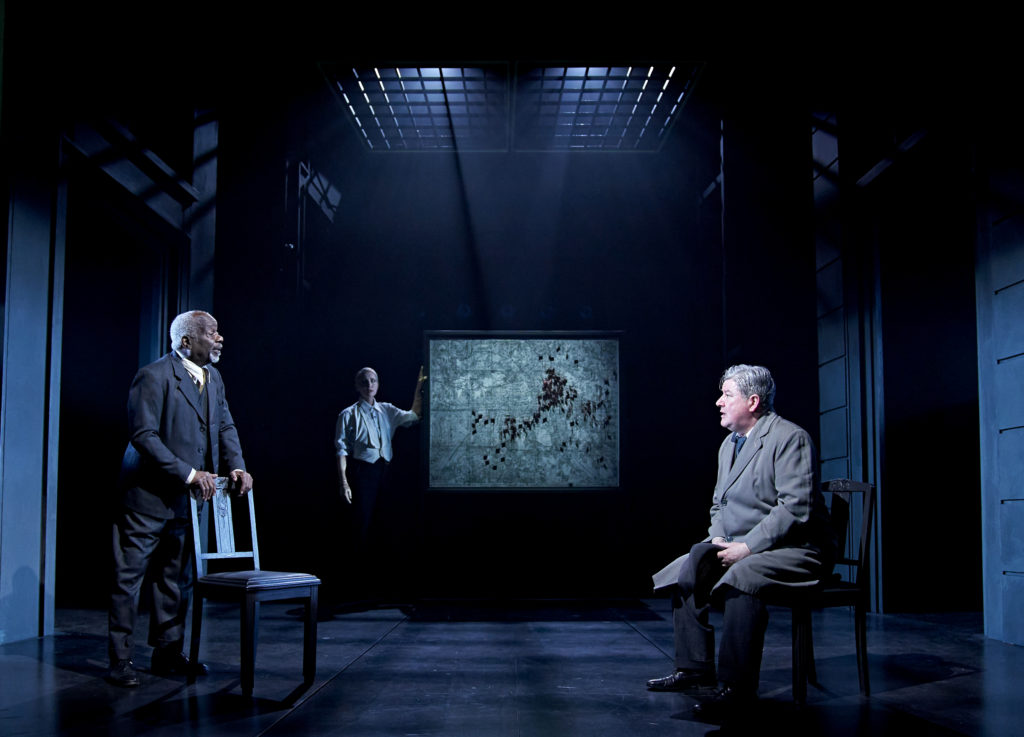
Joseph, who was raised in Peckham, South London, from the age of nine, and trained initially to be an electrical engineer, has played a multitude of roles in a distinguished career. One so distinguished that he has been made a cultural ambassador of St Lucia, his Caribbean homeland, and he sits on the American board for Shakespeare’s Globe.
“All the roles you play have to be distinctive, whether Inspector Escherich or Lear [in King Lear for Shakespeare’s Globe in 2014],” he says. “The wonderful thing about Lear is that it’s the story of king who degenerates into a state of hopelessness but then re-emerges, essaying on the nature of kingship.
“After two years of playing Lear, I was exhausted, but with age and exhaustion comes the knowledge that though you seek perfection, there’s no chance of it. Each role requires an honesty, a dedication, whether it’s Hamlet, Othello or Lear.”
Recalling his six years starring with a young Will Smith in The Fresh Prince Of Bel-Air in the 1990s, Joseph says: “The most important thing at that time was being a highly successful television star. I couldn’t go to an event without NBC having a word about what I could say, what I should wear, so it’s a completely different process.
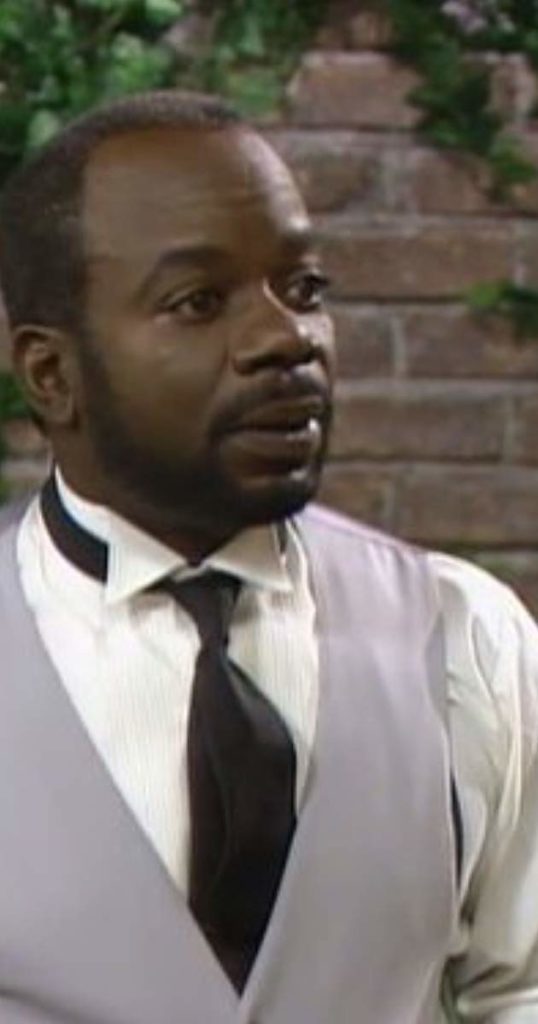
“I was employed to play a role and people say I played it successfully – and nothing succeeds like success in America.
“I didn’t go to ‘butler school’, but I did speak to someone in Britain and two in Los Angeles about what being a butler entailed. The role was written by satirists from the New Yorker magazine and it was up to me to make it truthful.”
Truthfulness in a role is always important to Joseph, as is the never-ending pursuit of perfection. “After a hit role like Geoffrey Butler, in many cases actors might retire and live on their hard-earned gains, but I am an actor and I want to act and I want to do it perfectly, and that’s what I want to continue to do,” he says.
“That TV role has afforded me choice and I have to say I do what I want to do and I’ve been lucky enough that people think I can do it. That’s why I get to make three films and do four stage roles each year.”
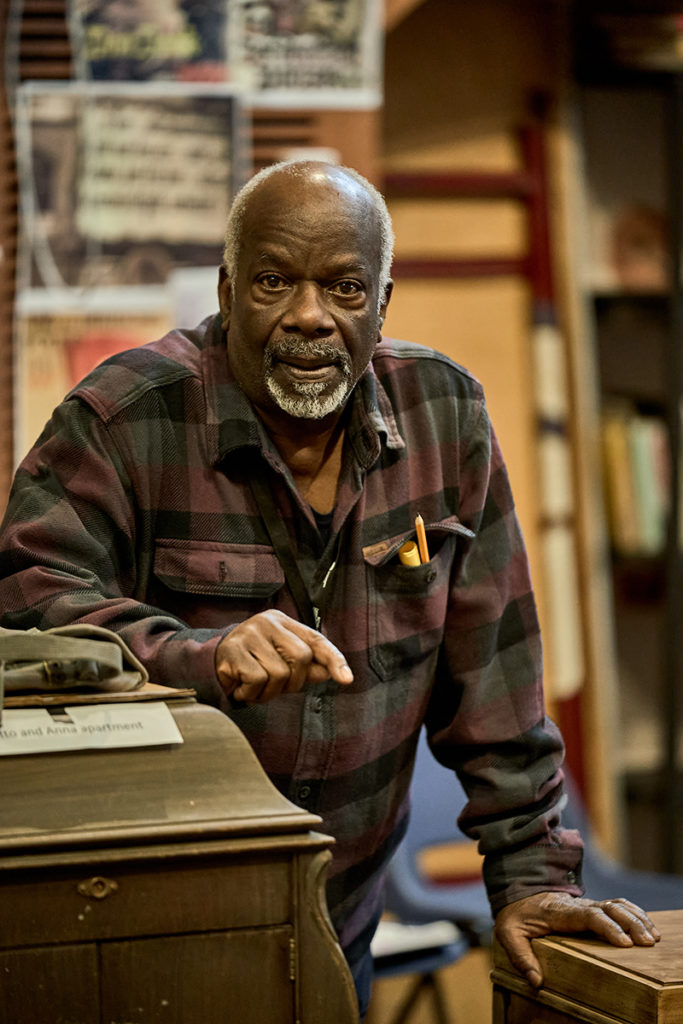
On Monday this week, Joseph was taken to lunch at Claridge’s, in Mayfair, to discuss an upcoming movie role. “I’m going to be in my first Western, Trees In Texas, a film with a lot of African-American history in it,” he reveals.
“I’ve finished a film made in Mexico, an Hispanic production called The Exorcism Of God, directed by Alejandro Hidalgo, and there’s a BBC piece I might be doing, playing an exorcist.”
As for the stage, he has one Shakespearean role he would still love to play: Prospero, the protagonist with magical powers in The Tempest. That will surely come his way.
York Theatre Royal and Royal & Derngate, Northampton, present Alone In Berlin, York Theatre Royal, March 3 to 21. Box office: 01904 623568 or at yorktheatreroyal.co.uk.
Copyright of The Press, York
